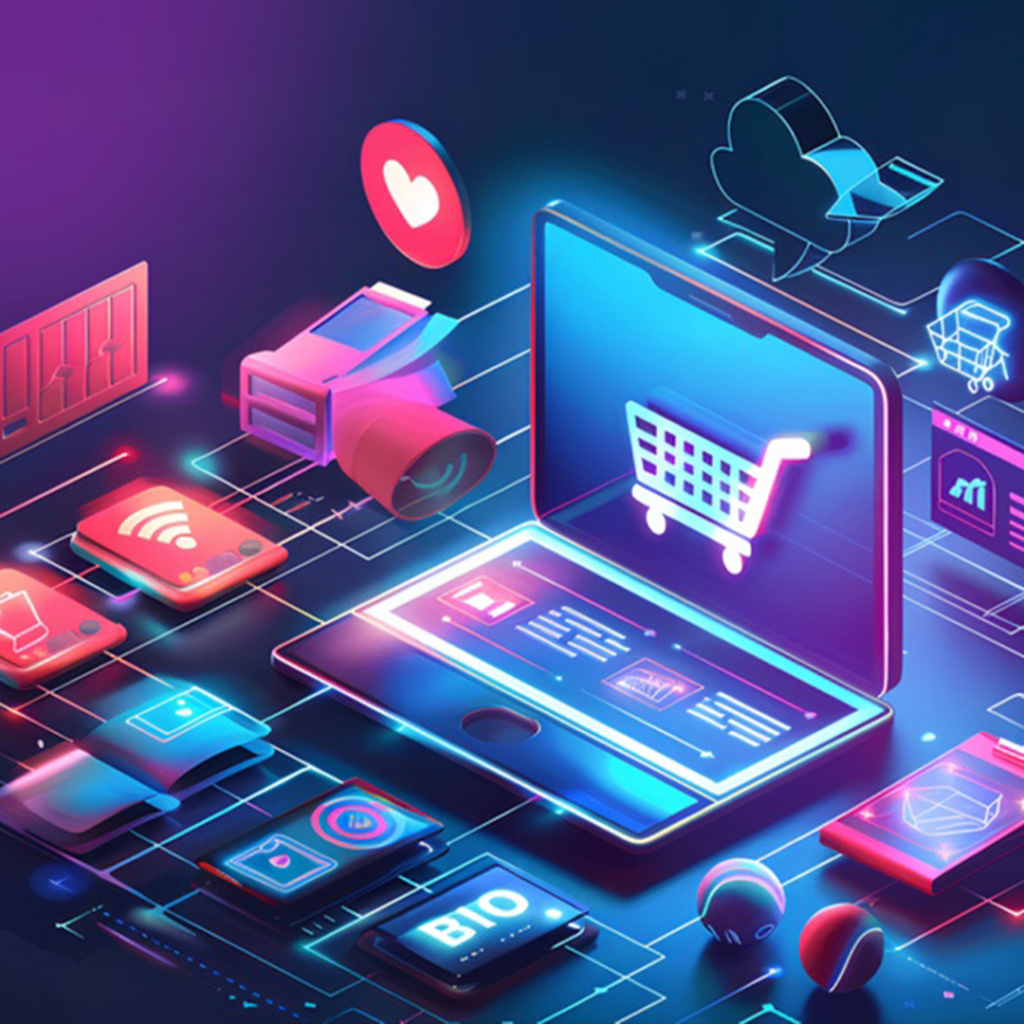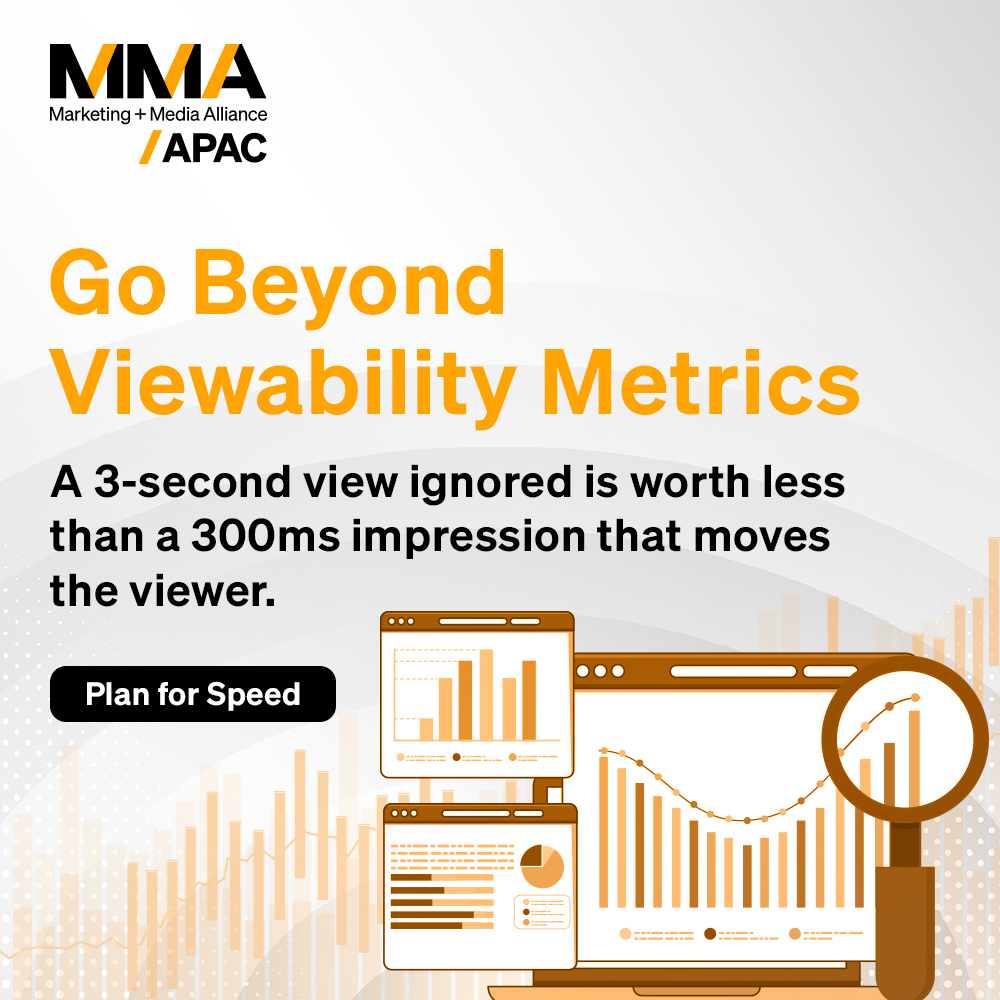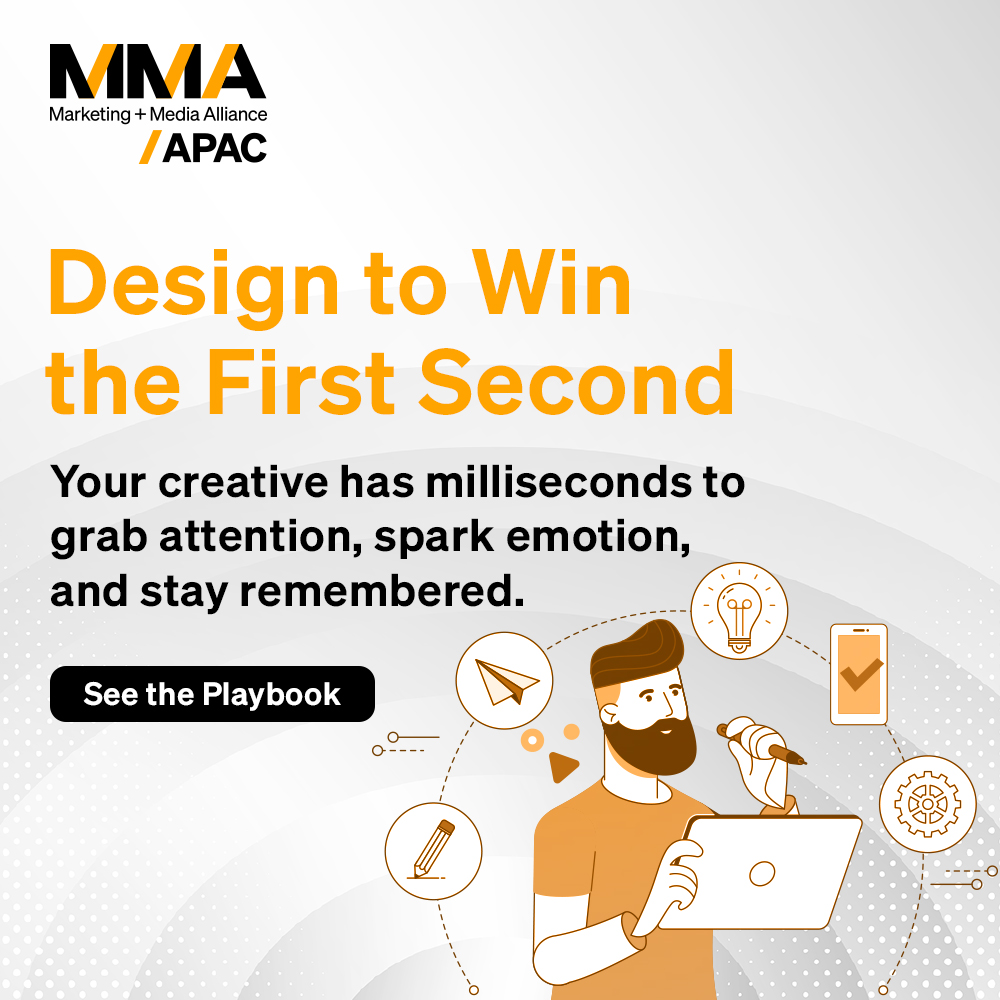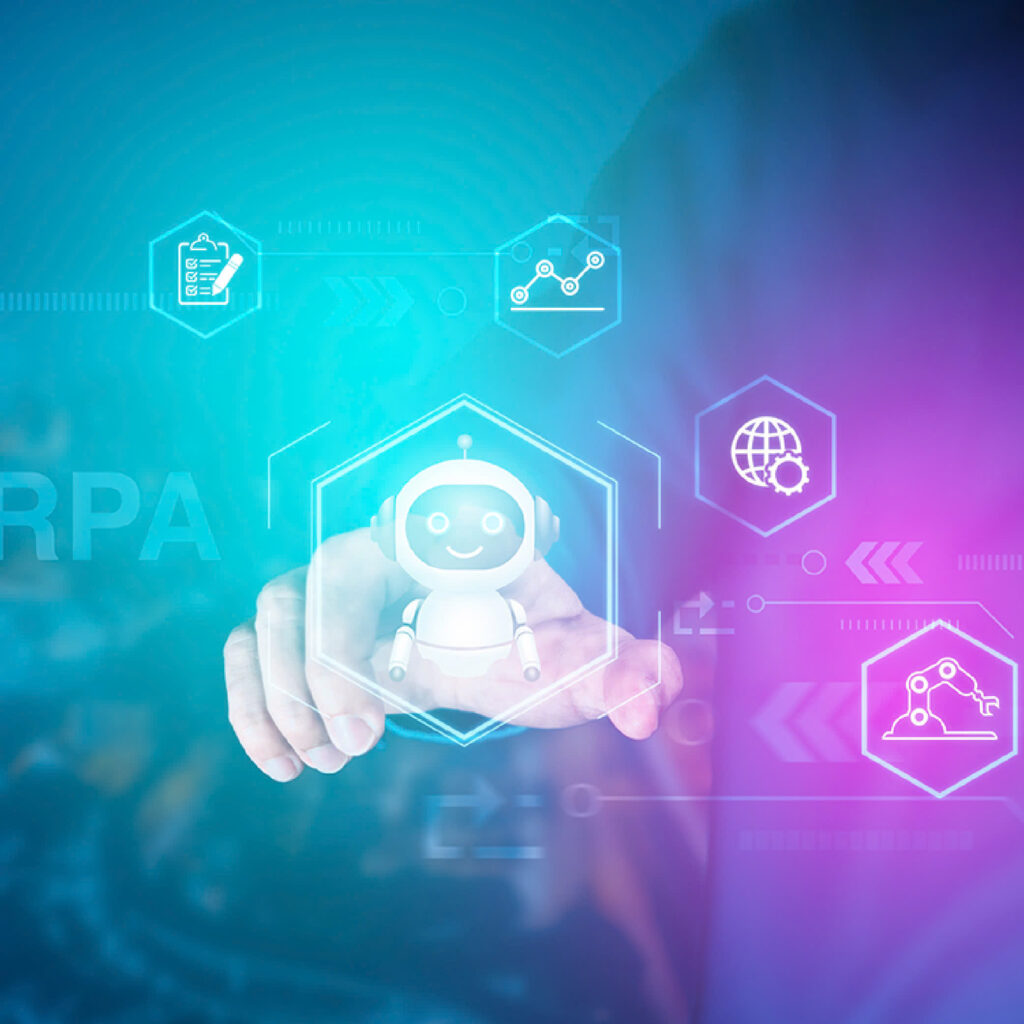
In 2023, $134.8 billion was spent on retail media globally. This figure is estimated to reach $153.3 billion globally in 2024, a 13.7% year-on-year growth. But why are marketers investing heavily in retail media? Because retail media allows advertisers to show their products directly to the consumer. However, it’s not as simple. Consumer attention is fleeting and limited, leaving marketers to find innovative solutions to enhance consumer experience as a means to retain that attention. AI is coming to the rescue, making it easier for retail media marketers to tap into the trends and not just reach but engage consumers effectively and efficiently.
When 81% of consumers prefer companies that offer personalized experiences, staying ahead of the curve requires more than just understanding consumer trends; marketers need to leverage cutting-edge technologies to keep up with the target audience. Here’s where AI emerges as a game-changer in retail media.
AI is revolutionizing how brands interact with customers and streamline their operations. Around 47% of marketers in the US anticipate that AI will enhance their marketing and bidding strategies of retail media.
From personalized recommendations to inventory management, let’s look at how AI trends are shaping the industry:
Personalized recommendations: AI algorithms can quickly analyze a wide range of customer data points to deliver highly personalized recommendations and deals to the consumer. This approach allows marketers to provide tailored products or services that best suit the individual shoppers, increasing engagement and conversion rates.
Suggested Tool: Dynamic Yield by Mastercard offers tools, including a recommendation engine, to tailor customer experiences to the individual customer.
Dynamic offers: AI enables dynamic advertising and pricing strategies. Adaptive algorithms adjust promotions and prices in real-time based on consumer behavior. This responsiveness ensures that marketing efforts are successful and consumer satisfaction stays high.
Suggested Tool: Eversight offers promotion and price optimization tools that help identify patterns in consumer behavior and test dynamic offerings.
Performance marketing optimization: Data-driven AI insights help identify the most effective channels and strategies to reach the target audience. It enhances ad placements, retargeting strategies, and deals offered, improving ROI and campaign effectiveness.
Suggested Tool: Adobe Marketo Engage helps marketers quickly evaluate a customer’s journey, identifying the best-performing assets, channels, and campaigns.
AR to enhance consumer experience: AI-powered augmented reality offers immersive product demonstrations and interactive experiences. This type of enhanced engagement can be a ‘fun’ feature for shoppers to demo the product before buying. Data finds that products advertised with AR content witness a 94% higher conversion rate than those without.
Suggested Tools: PictoFIT and MirrAR are virtual try-on platforms for fashion and jewelry, respectively. Marketers can integrate such tools into websites and apps to offer customers an immersive experience.
Gen AI for in-store experience: Marketers can use Gen AI to tailor the in-store environment with soundtracks or interactive displays. The goal here is to create a more engaging and memorable shopping experience. Businesses that apply generative AI to customer-related initiatives can expect to achieve 25% higher revenue after five years than companies focused only on productivity.
Suggested Tool: Spotify’s AI Playlist generates playlists based on prompts from the user. Marketers can create a playlist by using specific prompts related to the clientele in the store at the time and create a memorable experience for them. This feature, however, is in the beta stage and only available in Australia and the U.K.
Chatbots: AI-powered chats can transform customer service by quickly responding to consumer queries. The chatbots can manage tasks such as answering frequently asked questions and assisting with transactions, enhancing customer satisfaction. Moreover, as they eliminate manual intervention, marketers can focus on productivity tasks, improving efficiency.
Suggested Tool: Drift is a chatbot that helps create personalized interactions for website visitors, responds to queries, and facilitates the sales process.
Inventory management: AI improves inventory management by predicting demand and optimizing stock levels. In the context of retail media, AI can track availability details so that the business offers deals that it can fulfill, ensuring a smooth shopping experience for the consumers.
Suggested Tool: SAP offers AI tools for supply management designed to predict and manage the supply chain.
How to make the most of AI in retail media
To leverage the powers of AI in retail media effectively, marketers should use its capabilities to personalize the consumer experience and streamline operations for efficiency. By utilizing the adaptive nature of AI tools, marketers can gain a competitive edge in the market.



















